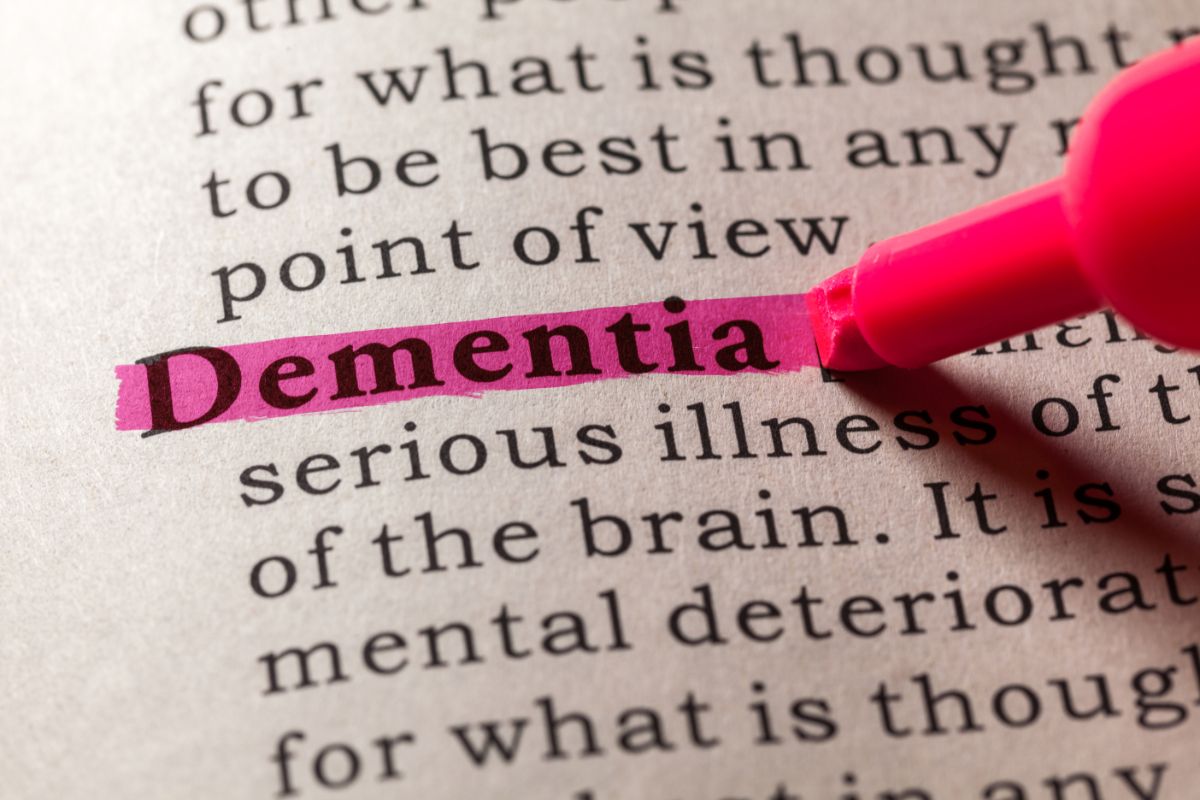As one grows older, it is not uncommon to experience memory loss. However, it is important for one to be able to differentiate between occasional memory loss associated with aging and symptoms of dementia. Dementia goes far beyond forgetfulness and is irreversible in most cases. As such, it is important to monitor your loved ones to warrant a quick and early diagnosis.
An early diagnosis with proper care has been known to help manage the progression of dementia and is really one of the only effective ways to combat it.
Thankfully, serious dementia does not happen overnight and progresses through 7 different distinct stages, also known as the Global Deterioration Scale. Learning more about these 7 stages of dementia can greatly help you to identify early symptoms in your loved ones so that they can receive proper and timely treatment to prevent the condition from worsening. Read on to find out more about these 7 stages of dementia.
The 7 Stages of Dementia
- Stage 1: Pre-dementia. In the initial stage where dementia starts to creep in, it is often unnoticeable, and people are observed to still function normally.
- Stage 2: Extremely mild cognitive decline. During this stage, occasional forgetfulness is observed and extremely similar to normal forgetfulness associated with aging. As such, it is difficult for family members and even healthcare professionals to accurately diagnose them with dementia. During this stage, you should focus on striking a balance between assistance and independence to your loved ones. Allow them the independence of completing tasks unless there is an immediate risk to their safety.
- Stage 3: Mild cognitive decline. During this stage, dementia symptoms start to appear obvious, and also where dementia should be quickly diagnosed. Noticeable symptoms include increased forgetfulness, decreased work performance, and difficulty in concentrating on tasks. Even during a conversation, they might have difficulty in coming up with certain words or find themselves repeating the same words over and over again.
- Stage 4: Moderate cognitive decline. During this stage, even memories of recent events are difficult to remember. When given complex tasks, they are unable to complete them accurately and they can sometimes be in denial about their symptoms. They might be reluctant to see a healthcare professional for diagnosis, but keep in mind that timely diagnosis is key to managing the progression of dementia.
- Stage 5: Serious cognitive decline. During this stage, completing daily activities can become a problem and they might require assistance with tasks like bathing, eating, or dressing. During this stage, memory loss is severe, and they might not even remember where they are or what time of the day it is.
- Stage 6: Severe cognitive decline. This stage is where some start to even forget the names of their family members and loved ones. Most of the time, they will only remember details surrounding their early life. Emotional and personality changes occur, and they tend to be more easily agitated and have increased anxiety.
- Stage 7: Late dementia (extremely severe cognitive decline). At this stage, most of them will essentially lose the ability to communicate or speak. Almost every activity they do will require assistance and psychomotor skills will most likely be lost.
Discover Your Partner in Care at The Right Senior Living Community
One of the best ways to ensure seniors with memory problems maintain a sufficient amount of cognitive stimulation is to move into a memory care community.
At Discovery Commons At Bradenton, we offer our residents the exclusive SHINE® Memory Care program, specifically designed to facilitate optimal caretaking of seniors with memory-related problems.
Contact us today to find out more.







